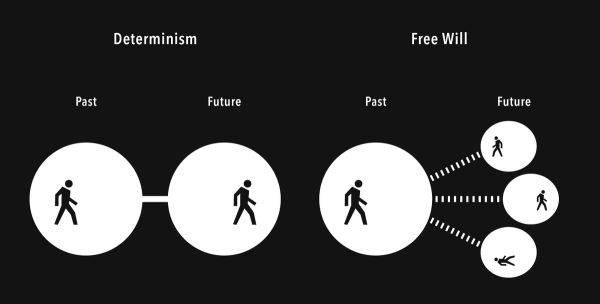Amy Coney Barrett & The Frightening Future of Reproductive Rights
Following the death of Supreme Court Justice Ruth Bader Ginsberg, President Donald Trump swiftly nominated Amy Coney Barrett, a federal appellate judge and Notre Dame Law Professor, on September 26th. The nomination of a new Supreme Court Justice is hotly debated as many Democrats anticipated Justice Ginsberg’s replacement after the 2020 election. However, the Trump administration’s nomination may potentially give Republicans a six to three member domination of the Supreme Court. Ultimately, the choice of Amy Coney Barret only heighted Democratic opposition to a nomination. Mirroring the conservatives beliefs of her mentor, late Justice Antonin Scalia, Amy Coney Barett’s record suggests a threat to birth control accessibility and abortion rights.
The Affordable Care Act’s health care protections were enhanced by a 2011 birth control mandate. Health Sherpa reports that after this mandate was signed into law, “the number of women with out of pocket expenses towards contraceptives dropped from 21% to 3%.” Despite these statistics, Barett signed a 2012 letter stating that employers providing birth control to employees is considered “morally obtuse” and an “infringement on religious liberty.” This was furthered in 2015 after Barett affirmed the anti-choice belief that life begins after conception, according to The Cut. Barrett’s opposition to birth control accessibility, especially under the Affordable Care Act, is a clear step towards President Trump’s goal to repeal this health care policy.
Without the Affordable Care Act’s contraceptive services, millions of women may have to return to out of pocket payments for reproductive care. Barett’s resistance to contraceptives may even lead to an increase in abortions as Health Affairs reported earlier this year, “…Colorado reports that when contracpetives, particular long-acting methods became readily available between 2009 and 2014, the abortion rate fell 48 percent among women ages 15-19.” The potential consequences of losing birth control accessibility will be discussed among Supreme Court Justices, possibly including Barrett, this coming November. Along with birth control accessibility, The New York Times furthers that Trump vowed to overturn Roe v Wade, which may also be a possibility if Barrett joins the Supreme Court later this year.
Alongside the risk of losing contraceptive coverage, abortion rights under Roe v Wade will be put to the test under a six to three lead by Republicans in the Supreme Court. While Barett has not directly commented that she plans to eliminate Roe v Wade, she has expressed the desire to increase its limitations for women. According to CNN, Barett told Jacksonville Univeristy, “Roe’s core holding that, you know, women have a right to an abortion — I don’t think that would change. But I think the question of whether people can get very late-term abortions, you know, how many restrictions can be put on clinics — I think that would change.” Barett’s comment about maintaining Roe v Wade is a silver lining for pro-choice activists and suggests that Justice Ginsberg’s legacy may be kept alive. However, the type of limitations Barett plans to enforce are simply unknown and can only be questioned based on her past rulings.
Barett’s outline of limitations can be seen through previous policies she has backed. According to the New York Times, Barret has supported “tightening the requirements for notifying the parents of minors seeking abortions,” and disagreed with an Indiana law that would ban aboritions sought solely because of the sex or disability of a fetus. Ultimately, if Barrett reinforced President Trump’s goal to repeal Roe v Wade, the Planned Parenthood Action Fund estimates more than 25 million women could lose access to safe, legal abortions, also disproportionately impacting women of color and those vulnerable to materal mortality.
From the controversial mail in ballots voting system to the unfortunate Presidential debates, Amy Coney Barett’s nomination is just one of many things that has twisted 2020. While some Conservatives see Barett as a step towards a more traditional America from her religious background to her strong traditional values, many fear the potential loss of rights for women’s bodily autonomy. Amy Coney Barett has the potential to determine the rights of women across the nation, but Barett’s record suggests harsher and stricter guidelines for women’s reproductive rights.







